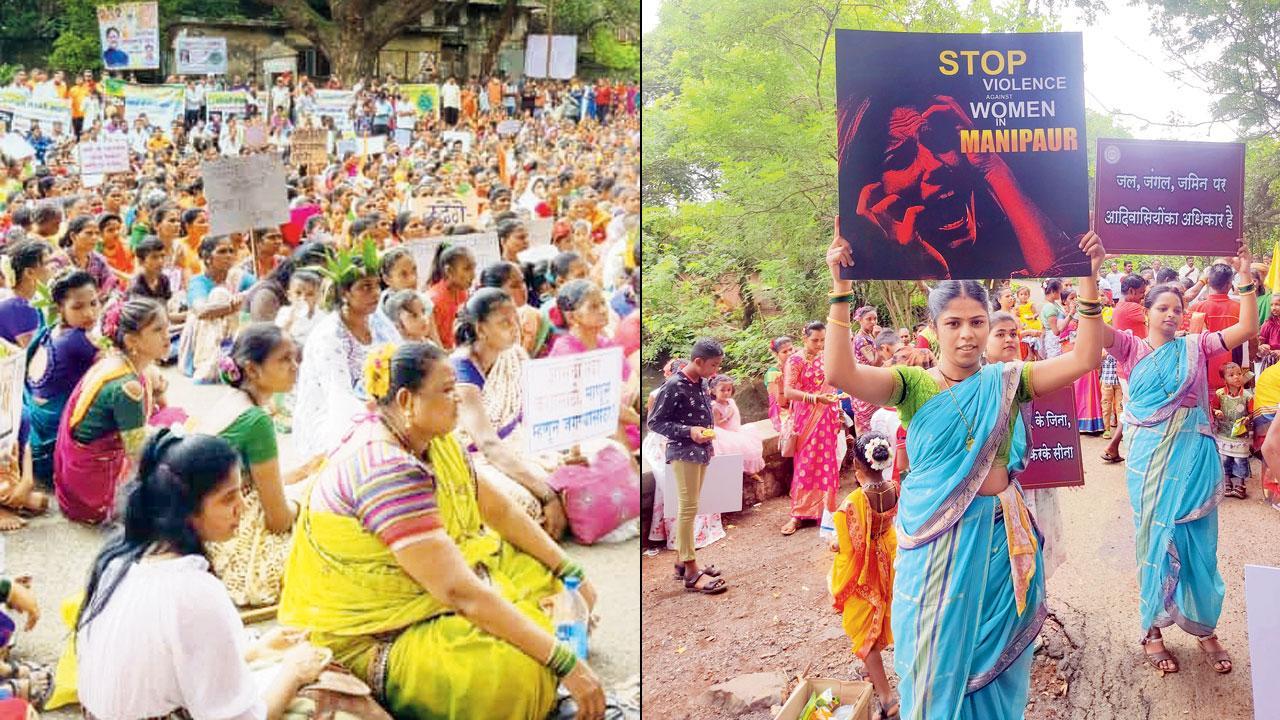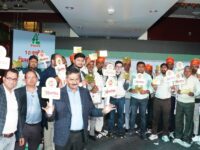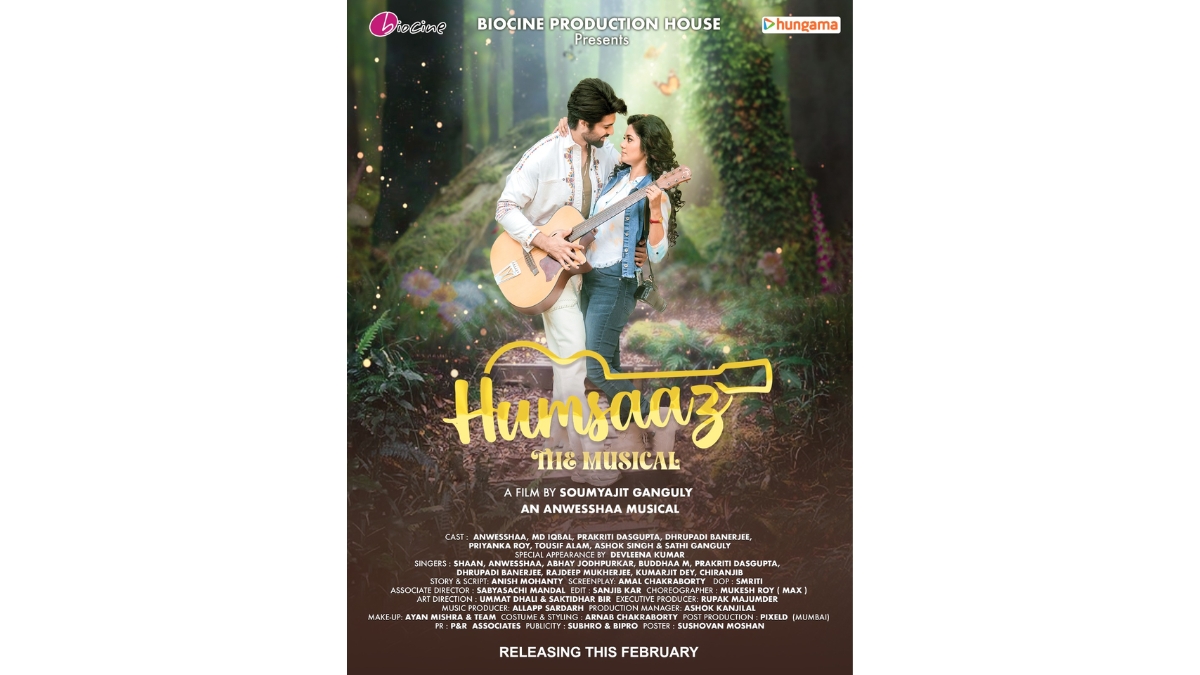Mumbai: Defiant Adivasi communities rally against adversity on World Tribal Day

This year’s annual rally for World Tribal Day at Aarey Forest, organised by Adivasi communities, deviated from its usual song and dance processions. The reason: they couldn’t celebrate because ‘one of their own’ faced brutal sexual abuse in Manipur. The protest, which drew more than 500 participants, marched from Habale Pada (Now known as Film City, which is outside Aarey Forest) to Birsa Munda Chowk.
Akash Bhoir, a member of the Malhar Koli tribe, placed particular importance on referring to it as Habale Pada, emphasising its original name. “The rally was a protest against part of our land being allotted to Film City. Farming at that location was our livelihood, and it has now been taken away,” stated Chaitali Gavit Bhoir, a member of the Kokana tribe from Aarey. Given the integral role of nature in tribal identity, the protests extended to opposing projects like The Vadhavan Port in Dahanu, Palghar, and the Barsu Oil refinery project in Raigad. Akash commented, “We’ve seen the direct impacts of such projects this monsoon, causing loss of life and property devastation, yet they persist. The port will likely result in a massive decline in the fish population, upon which the tribal fishermen’s livelihood depends. Furthermore, the refinery will destroy farmland and contribute to air pollution.”
Chailati stressed the repercussions of development projects on women. “Water is crucial for women, as our household tasks revolve around it. However, numerous lakes in Aarey have disappeared, or the land has been seized, making it exceedingly difficult for us to access. When we aim to construct eco-friendly structures, we must obtain a No Objection Certificate (NOC) from these corporations, but when they engage in environmentally harmful projects, they proceed without any hurdles,” she added. Akash highlighted the growing shift toward organic produce in the city and expressed concern about how projects like oil refineries lead to soil nutrient depletion.
Aarey is home to tribes such as Warli, Malhar Koli, Konkana, Kaskari, Mahadev Koli, and Dhodiya. The rally, spanning 3-4 hours, concluded at Bhirsa Munda Chowk, where a statue of tribal freedom fighters stands. Chaitrali recounted her efforts to educate tribal communities about the British tactic of offering free alcohol to subdue their resistance. “This practice continued until recently when political party members and corporations used alcohol as a bribe to obtain tribal land. However, I’m pleased to see that today’s youth have recognised this manipulation and are not falling victim to it,” she remarked.
Akash praised his decision to reject British Missionary schooling’s influence, noting that true education stems from independent thinking. “The school taught me what was right and wrong, but genuine learning occurs when you can think for yourself,” he said.
500
No of participants in the rally

Atul Tiwari is a seasoned journalist at Mumbai Times, specializing in city news, culture, and human-interest stories. With a knack for uncovering compelling narratives, Atul brings Mumbai’s vibrant spirit to life through his writing.





